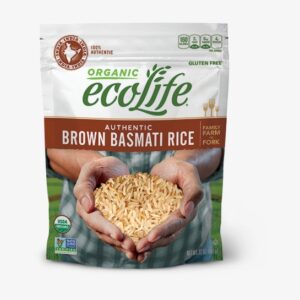Health Benefits of Pumpkin Seeds
- Urinary tract and bladder infections
- High blood pressure and blood sugar
- Kidney stones
- Parasites like worms
Modern science confirms that pumpkin seeds have an impressive nutrient profile that benefits many aspects of your health. They’re a rich source of protein, unsaturated fatty acids, vitamins, and minerals that reduce risk factors of chronic diseases, including cancer.
You can buy pumpkin seeds raw, spouted, or roasted at most grocery stores and specialty health food retailers. When sold in their green shells, they’re also sometimes called pepitas.
Health Benefits
Pumpkin seeds are a potent source of many nutrients, offering high levels of essential vitamins and minerals in a small serving. But they also are high in calories, so limit your portions to help manage a healthy weight.
Add a handful to your meal for potential health benefits like:
Anti-Inflammatory Effects
Pumpkin seeds are rich in many antioxidants, which protect our cells from disease-causing damage and reduce inflammation in our bodies. They’re also a great source of dietary fiber, which can enhance this effect. Studies show that pumpkin seeds’ anti-inflammatory abilities can help maintain good function in the liver, bladder, bowel, and joints.
Lower Risk of Diabetes
Pumpkin seeds are high in magnesium, which most people don’t get enough of in their diet. Magnesium content helps regulate blood sugar levels, lowering your diabetes risk. Studies show pumpkin seeds also help people with diabetes maintain blood sugar control to manage the disease.
Anti-Cancer Properties
Laboratory studies show pumpkin seeds can stop the growth of breast and prostate cancer cells. They also induce apoptosis or cancer cell death. These effects are largely attributed to pumpkin seeds’ high antioxidant activity, but much more research is needed to study a broader range of cancers.
Healthy Heart Function
The high magnesium content in pumpkin seeds helps lower and regulate blood pressure. Thanks to this effect, diets high in magnesium are associated with a lower risk of stroke and death from heart disease.









Reviews
There are no reviews yet.